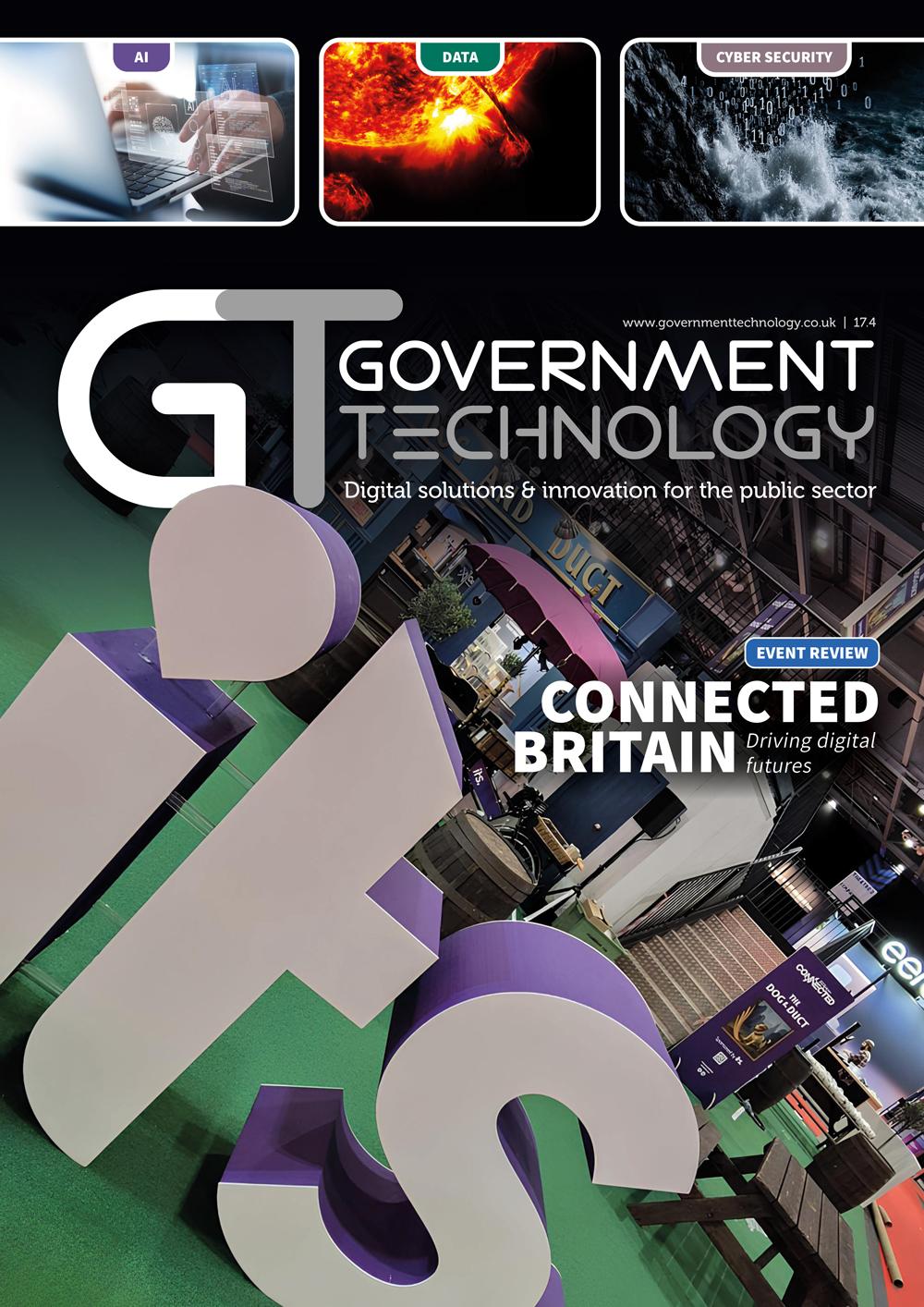Science minister Lord Vallance has backed 100 ambitious UK research projects which could result in a life-changing discovery, as part of an initiative to encourage curiosity-driven research to improve lives and grow the economy.
Researchers at 39 institutes from Aberdeen to Exeter are being supported by a £80 million in investemnt to advance pioneering ideas, across a variety of fields: healthcare to clean energy to artificial intelligence to quantum computing. These projects include a new prosthetic arm that can differentiate between textures and a ‘biomarker’ tool which could detect blood clots earlier and help prevent serious illness.
One of the 100 projects supported by UKRI’s engineering and Physical Research Council (EPSRC), conducted at the University of Bristol, will develop tailored neuro-signals for prosthetic arms to improve the sense of touch for those that have lost limbs.
Lord Valance, whose background is in research and served as the government’s chief scientific adviser, has described curiosity-driven research as the ‘goose that lays the golden egg’. This allows researchers to follow their curiosity and push the boundaries of knowledge, leading to countless major breakthroughs in the UK and abroad, such as fast-track vaccines during the COVID-19 pandemic.
Science minister, Lord Vallance, said: “We are backing 100 ambitious projects up and down the UK which could spark the beginning of a new generation of life-changing developments, from more comfortable and effective prosthetic arms to earlier detection and prevention of blood clots.
“It is vital we support bright researchers to explore a new generation of discoveries.”
Further projects include a radar-based prototype that can recognise and translate users’ hand movements while signing, without the need for cameras, protecting the privacy of those who use British Sign Language, by Dr Shelly Vishwakarma at the University of Southampton, as well as Professor Marialena Nikolopoulou’s (University of Kent) research to advise how schools can design better playgrounds that are comfortable in hot and cold weather.
Professor Charlotte Deane, EPSRC’s executive chair, said: “Discovery science is the bedrock of innovation, feeding the pipeline of progress critical to prosperity, sustainability, security, competitiveness, quality of life and resilience to future challenges.
“It’s always been a UK strength and EPSRC has always been at the forefront of maintaining and extending this. Utilising and enhancing expertise in all parts of the country, these new EPSRC-backed projects will generate a legacy of extraordinary new knowledge, with impacts felt across the UK and the globe.”

